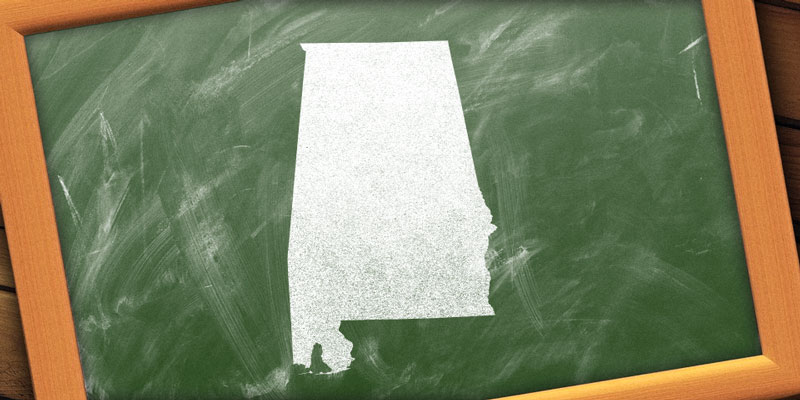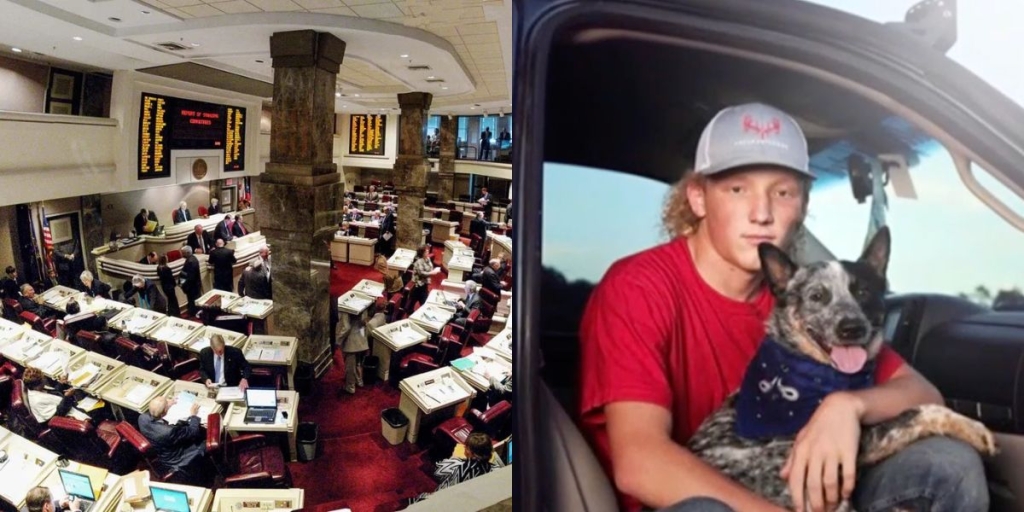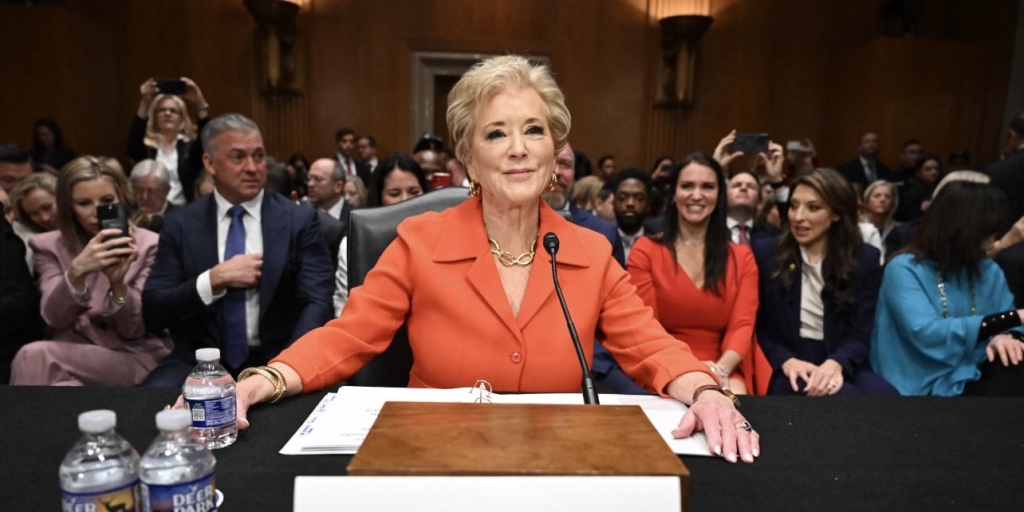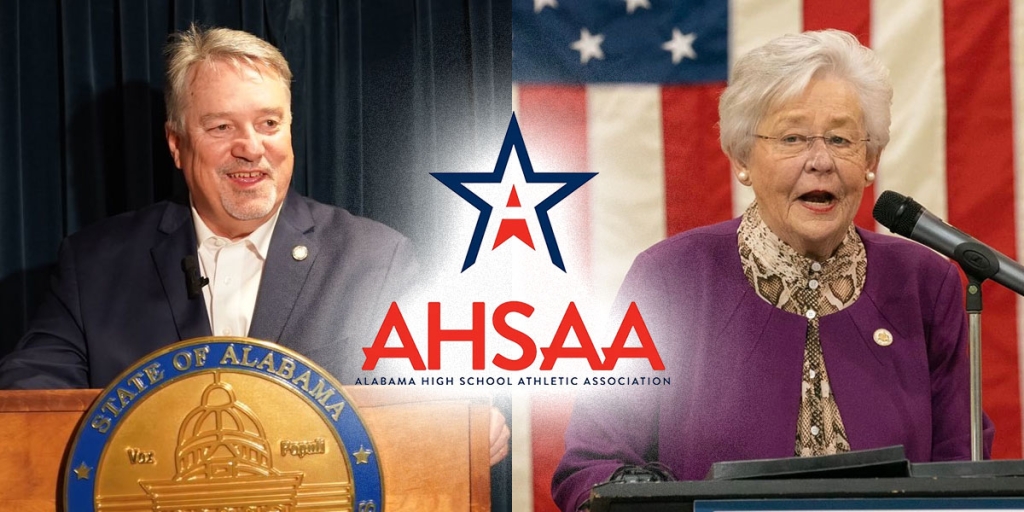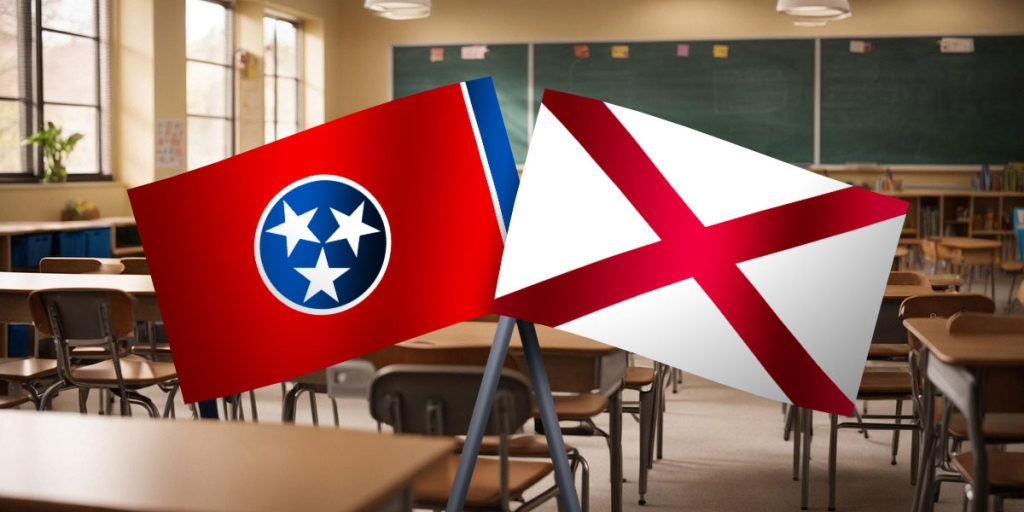Multiple school choice proposals made their debut in committee meetings across both chambers at the state house on Wednesday.
Three committees that took up the bills also served as public hearings, meaning no votes were taken. The hearings drew turnout from educators, advocates and insiders — who are all gauging the tone of the Legislature’s definition of school choice.
One of the bills would reupholster the existing framework of school choice afforded by the Alabama Accountability Act and charter school options. The other two bills deal with an education savings accounts — a kind of program not currently in the state’s school choice arsenal.
Parental Rights in Children’s Education (PRICE) Act
In the Senate Education Policy Committee, Sen. Larry Stutts (R-Tuscumbia) carried a bill that would give parents up to $6,900 per child through education savings accounts (ESA) to pay for educational-related expenses like tuition, textbooks and tutoring.
“I think this bill has the potential to make changes faster than the Alabama Accountability Act and those other things that we’ve done,” Stutts said. “This has an opportunity to change the direction of education in the state.”
Parents could use the ESA money to put their children in a private school or to put toward homeschooling. The proposed legislation is recognized as a ‘comprehensive” or “universal” school choice option. ESA programs are in 11 states, with several of them limited to certain categories of students such as those with disabilities.
Groups speaking in favor of the bill had a large showing.
“We trust that parents know the needs of their children better than any government,” former ALGOP Chair and teacher Terry Lathan said, also speaking on behalf of Chairman John Wahl. “And we support returning control of Alabama’s educational system back to the mothers and fathers of our state.”
Jonathan Butcher, a senior fellow at The Heritage Foundation, shared a story about a child from North Carolina with a rare degenerative disorder whose quality of life was improved dramatically when she became the beneficiary of an ESA.
“Libby could use an education savings account where her mom could pick a private school that could meet her needs along with educational therapies that were specifically suited to her unique condition,” Butcher said. “With an account, parents removed their children from an assigned school and the state deposits a portion of a child’s funds in a private account that parents use to buy into education products and services for a child.”
Opposing groups expressed themselves as well.
“The Educational Trust Fund is a necessary lifeline for public schools in Alabama,” Albertville Schools Superintendent Dr. Boyd English said. “In fact, we need more funding, not legislation that would take funding away from public schools in Alabama.”
The bill now goes to the Senate education budget committee.
Students with Unique Needs (SUN) Education Scholarship Account Act
On the House side, another ESA proposal was rolled out in the Ways & Means Education Committee. Chairman Danny Garrett (R-Trussville) presented a bill that he says more case studies exist for.
“This is actually doing what states surrounding us have done, what Mississippi, Florida and Tennessee have done,” Garrett said.
The bill would create a $6,900 ESA for parents of children enrolled in public school who meet a particular criteria, such as those who have an individual education plan (IEP) or recognized disability. Other criteria include children of active, former or fallen armed service members — as well as children who have been fostered or adopted.
“Parents would be able to create an educational savings account where the state money, the $6,900 of state funding, would go to that account that they could use for an alternative choice of education for their child,” Garrett said.
“In Mississippi, there are about 300 children that take advantage of this. In Tennessee, there’s less than 500. In Florida there’s 18,000 — a lot more population down there, but percentage wise, it’s not a huge population — but it’s definitely a group that is in need of some alternative education.”
The proposal would come with a cost of $3 million in the first year.
Like the public hearing upstairs, Garrett’s idea of advancing school choice in Alabama was both praised and criticized by advocates.
“When you look at our total enrollment for the state of Alabama, approximately 12% receive special education services,” said Bart Reeves, assistant e. “Of that 12%, when you’re looking at their disabilities, 39% are specific learning disability — which is 6% higher than the national average.
“So I would ask you, why would we pull money from public education and not put it toward at-risk and special ed when we already know it’s underfunded?”
Members of the committee also sounded off on the legislation, ranging from curiosity to appreciation.
“There are kids who are not getting what they need,” Rep. David Faulkner (R-Mountain Brook) said. “This is not against public schools. This is kids that have tried and are unable to get the help they needed and are asking for help.”
What’s Next
Rep. Terri Collins (R-Decatur) also presented a bill to the House Education Policy Committee, which she chairs. The proposal would provide start-up funds to public charter schools and reforms the Charter School Commission. Charter schools are in the inventory of ‘school choice’ for Alabama.
“The charter school legislation we passed in 2015 was recognized as some of the strongest, most transparent and most accountable in the country. We’ve had a lot of success with the charters we have right now,” Collins said. “But we learned lessons after 2015, trying to fix some of the governance issues has been a priority.”
Gov. Kay Ivey said in her State of the State Address that she wants to increase charter school funding and expand the range of options available to parents.
“It’s important we continue to have meaningful discussions on school choice,” Ivey said last month. “That must begin with improving the school choice we already have: Our charter school options and the Alabama Accountability Act.”
Thursday was the 15th day of the 2023 legislative session.
“The school choice topic is something that we’re going to continue be dealing with and wrestling with,” Garrett said.
Grayson Everett is a staff writer for Yellowhammer News. You can follow him on Twitter @Grayson270 for coverage of the 2023 legislative session.




